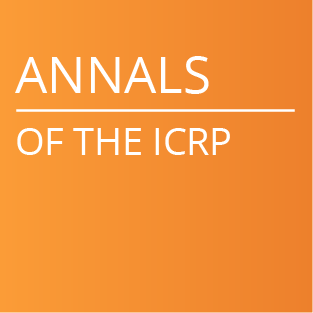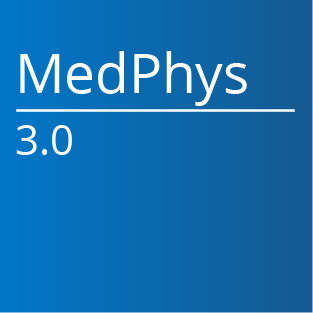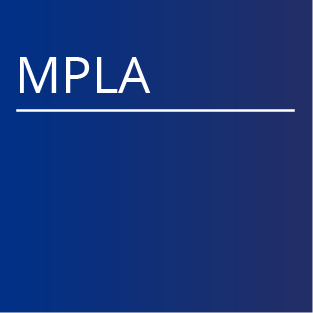| This Policy is No Longer Active. | |||
| Policy number | Policy name | Policy date | Sunset date |
| PP 2-D | Licensure and The Medical Physicist's Role in the Practice of Medicine - A Guide for Administrators and Regulators | 7/31/2008 | 12/31/2021 |
| Section No section assigned |
|||
| Policy source | |||
| July 31, 2008 Board of Directors' Meeting Minutes | |||
| Policy text | |||
|
Medical Physics is the Medical Specialty associated with the application of physics in medicine. The essential responsibility of the Qualified Medical Physicist's (1) clinical practice is to assure the safe and effective delivery of radiation to achieve a diagnostic or therapeutic result as prescribed in patient care (2) Involvement of a Qualified Medical Physicist in clinical practice minimizes the risk of injury to the patient, medical personnel and the general public from the misuse of radiation. Qualified Medical Physicists must be trained, acquire experience and successfully complete the board certification process in the subspecialties of Medical Physics. Therefore, the American Association of Physicists in Medicine (AAPM) and the American College of Medical Physics (ACMP) recommend that standards be established to allow only qualified individuals to practice Medical Physics. The AAPM and the ACMP strongly support licensure for practitioners of Medical Physics. The American Medical Association states: "A health profession or occupation should be licensed if the practice of that profession or occupation by persons who have not shown themselves to be competent and qualified to deliver health care services would pose a risk to the life, health, or safety of the public." The American College of Radiology (ACR) "strongly supports the concept of state licensure or certification mechanisms for medical radiological physicists."(3) Licensure or formal registration for Medical Physicists is in the public interest. Under current law, minimum training and education standards are not compulsory in all jurisdictions, allowing individuals to provide Medical Physics services in imaging and therapy without any formal education. Physicians, health care administrators, regulators and the public have no clear guidelines for judging the qualifications or abilities of a Medical Physicist. Other than the civil courts, the public has no redress to deal with issues such as fraud, substance abuse, malpractice, or unethical behavior that negatively impact patient care and public safety. Licensure or formal registration will address these issues. The AAPM and the ACMP support licensure or formal registration of Qualified Medical Physicists. 1 Definition of a Qualified Medical Physicist 2 AAPM and ACMP Scope of Practice,11/30/05. (3) ACR 2007 Digest of Council Actions: Section II (J 14) Professional And Public Policy Statements; pg. 87. |
|||
| Policy version history | ||||
| Policy number | Policy name | Policy date | Sunset date | Active? |
|---|---|---|---|---|
| PP 2-A | Position Paper on Licensure for Medical Physicists | 11/1/1992 | 11/28/2000 | Inactive |
| PP 2-B | Position Paper on Licensure for Medical Physicists | 11/29/2000 | 12/2/2003 | Inactive |
| PP 2-C | Position Paper on Licensure for Medical Physicists | 12/3/2003 | 7/30/2008 | Inactive |
| PP 2-D | Licensure and The Medical Physicist's Role in the Practice of Medicine - A Guide for Administrators and Regulators | 7/31/2008 | 12/31/2021 | Inactive |
| PP 2-E | Qualifications and Practice Standards for Clinical Medical Physicists: A Guide for Government and Regulators | 11/19/2021 | 12/31/2026 | Inactive |
| PS 11-A | Qualifications and Practice Standards for Clinical Medical Physicists: A Guide for Government and Regulators | 11/19/2021 | 12/31/2026 | Active |



















